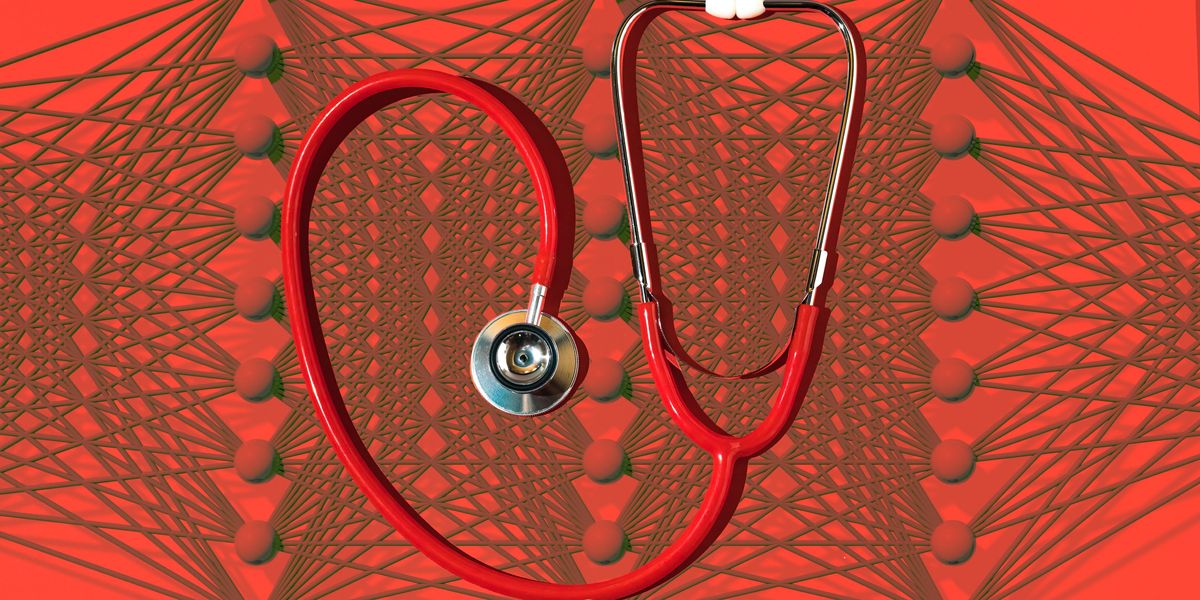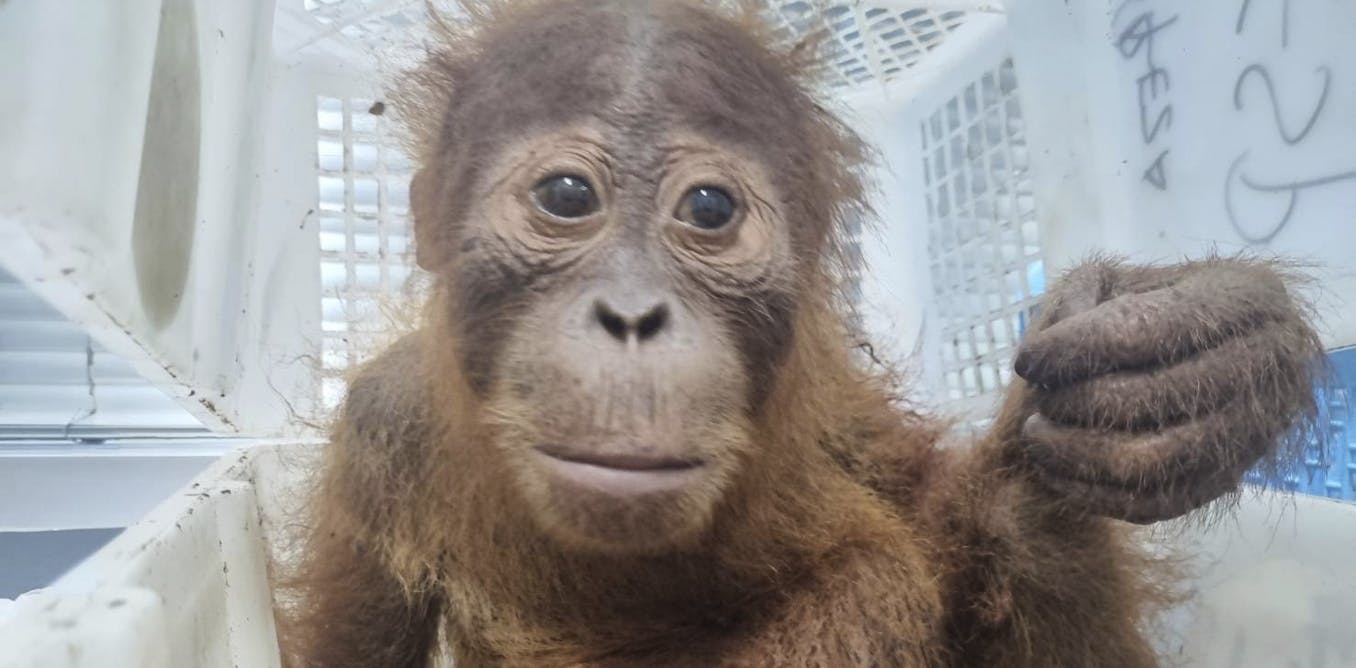Navigating healthcare systems as a patient can be daunting at the best of times, whether you’re interpreting jargon-filled diagnoses or determining which specialists to see next. Similarly, doctors often have grueling schedules which make it difficult to offer personalized attention to all their patients. These issues are only exacerbated in areas with limited physicians and medical infrastructure.
Bringing AI into the doctor’s office to alleviate these problems is a dream that researchers have been working towards since IBM’s Watson made its debut over a decade ago, but progress toward these goals has been slow-moving. Now, large language models (LLMs), including ChatGPT, could have the potential to reinvigorate those ambitions.
The team behind Google DeepMind have proposed a new AI model called AMIE (Articulate Medical Intelligence Explorer), in a recent pre-print paper published 11 January on arXiv. The model could take in information from patients and provide clear explanations of medical conditions in a wellness visit consultation.
Vivek Natarajan is an AI researcher at Google and lead author on the recent paper. He says that while AMIE isn’t designed to replace human physicians, he does believe a similar AI could play a role in assisting both physicians and patients.
“There may be scenarios when people might benefit from interacting with systems like AMIE as part or in addition to their clinical journeys,” Natarajan says. “These include understanding symptoms and conditions better, including simplifying explanations in local vernaculars… and acting as a valuable second opinion.”
“This, in turn, potentially provides a pathway for medical AI towards superhuman diagnostic performance.” —Vivek Natarajan, Google
Thomas Thesen is an associate professor of medical education at Dartmouth’s Geisel School of Medicine who created the AI Patient Actor app to help train medical students on diverse patient scenarios. While he thinks AI will play an increasingly larger role in healthcare, he doesn’t believe it will replace the expertise of human physicians.
“What I see coming in the next decade is AI increasingly supporting doctors by streamlining their work and contributing to certain limited diagnostic processes,” Thesen says. “However, the expert judgment of a trained doctor will remain crucial for final diagnosis and treatment plans.”
To bring AMIE up to speed without sending it through medical school, Natarajan and colleagues started by feeding the AI on real-world medical texts, including the transcripts of nearly 100,000 real physician-patient dialogues, 65 clinician-written summaries of intensive care unit medical notes, and thousands of medical reasoning questions taken from the United States Medical Licensing Examination.
Yet, these data alone were not enough to set AMIE up for success, Natarajan says, particularly because the data tend to be noisy and capture only a small subset of potential medical scenarios. To…
Read full article: Google’s New AI Is Learning to Diagnose Patients

The post “Google’s New AI Is Learning to Diagnose Patients” by Sarah Wells was published on 01/25/2024 by spectrum.ieee.org






































